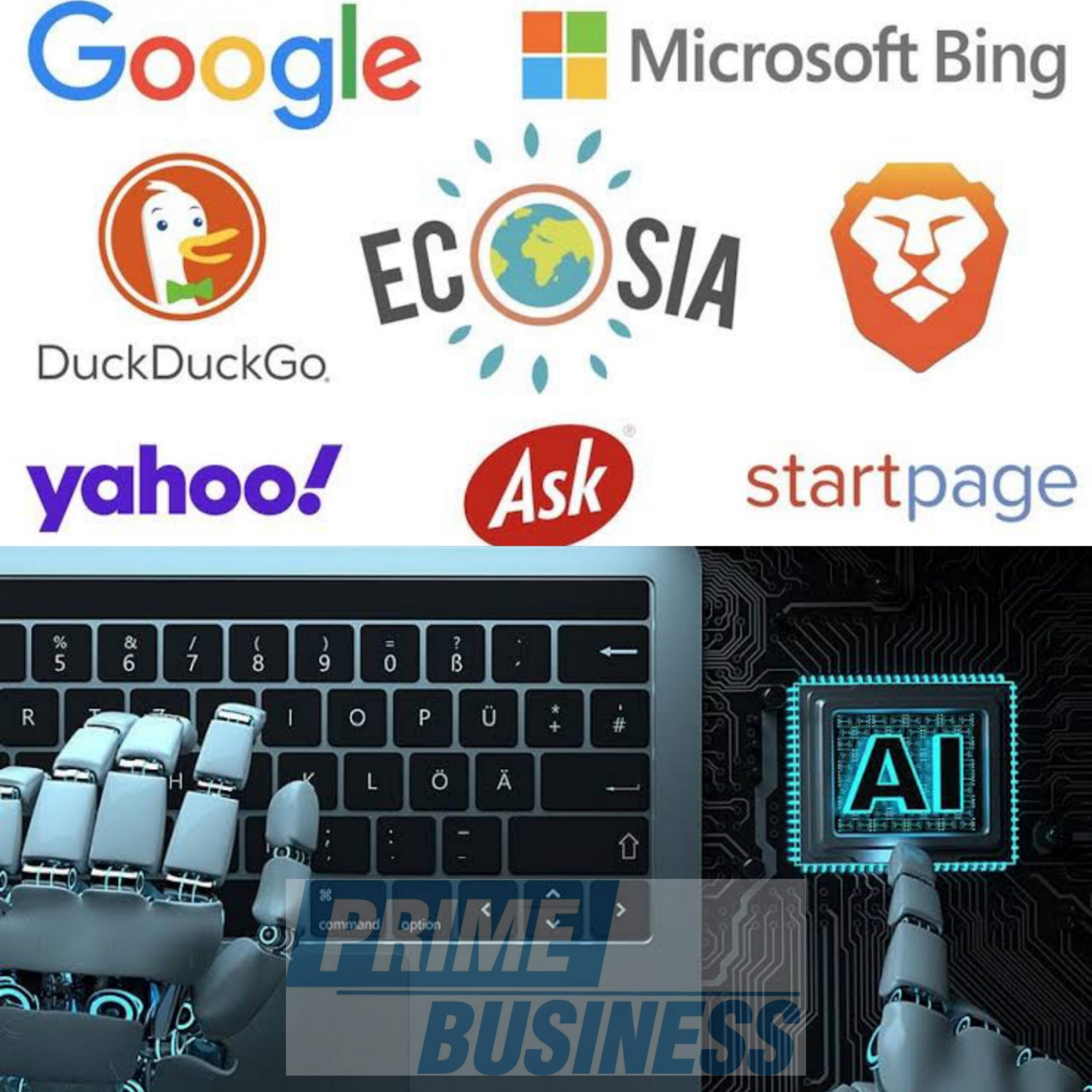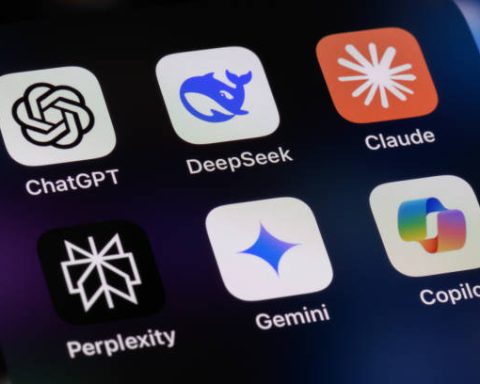In the digital age, search engines have become an essential tool for finding information, products, and services online. Google, Yahoo, and Microsoft Bing are some of the most popular and widely used search engines in the world, providing users with millions of search results in seconds.
However, with the emergence of artificial intelligence (AI), some experts believe that AI could revolutionize the way we search for and consume information online. In this article, we will explore the differences and similarities between AI and search engines, and their potential impact on the future of search.
Join our WhatsApp ChannelWhat are Search Engines?
Search engines are software programs that help users find and access information on the internet. They do this by using complex algorithms that crawl and index web pages, and then rank them based on their relevance and popularity. When a user enters a search query, the search engine retrieves the most relevant results and presents them in a list format.
Search engines offer a wide range of features and functions to improve the user experience, such as autocomplete, spell check, and search suggestions. They also use data analytics and user behavior to personalize and customize the search results based on the user’s preferences and location.
What is AI?
Artificial intelligence (AI) is a field of computer science that focuses on the development of intelligent machines that can perform tasks that typically require human intelligence, such as visual perception, speech recognition, and decision-making. AI uses machine learning, natural language processing, and cognitive computing to analyze and understand data, and then make predictions or recommendations based on that data.
AI can be divided into two main categories: narrow or weak AI, which is designed to perform specific tasks, and general or strong AI, which is designed to perform any intellectual task that a human can do. Currently, most AI applications are narrow or weak AI, such as virtual assistants, chatbots, and image recognition software.
“AI can be a great tool for search engines. It can help with things like understanding the intent behind queries and better organising information, but it’s still a long way from being able to replace human judgment when it comes to determining relevance and usefulness,” says Danny Sullivan, Google Public Liaison for Search.
One of the latest AI is ChatGPT, an artificial intelligence chatbot developed by OpenAI and launched in November 2022. It is an AI technology that allows you to have human-like conversations. It has a language model that can answer questions and assist you with tasks like composing emails, essays, and code, among other functions.
ChatGPT crossed the one million user mark in just five days after it was made public in November 2022. It took Instagram and Facebook months to hit that mark, while ChatGPT did it in just 5 days and it currently has over 100 million users which is just mind-blowing. It has also been recorded as the fastest-growing platform ever in history.
AI vs Search Engines: Comparing their Strengths and Weaknesses
In today’s digital world, search engines have become an integral part of our daily lives. They help us find information on the internet, access news, buy products, and much more. However, with the advent of Artificial Intelligence (AI), there has been a shift in the way we interact with search engines. We will compare and contrast the strengths and weaknesses of AI and search engines in terms of accuracy, speed, personalization, privacy, and security.
“Search engines are only as good as the content they index, and the way in which they index that content. AI has the potential to revolutionize this process, allowing search engines to more accurately and efficiently index and categorize content, which will ultimately lead to better search results,” says Rand Fishkin, founder of Moz and SparkToro.
Accuracy and Relevance of Search Results
Search engines use algorithms to crawl and index web pages to provide users with relevant results. However, these algorithms have their limitations, and sometimes the results may not be accurate or relevant. AI, on the other hand, uses machine learning algorithms to understand user queries and provide personalized and contextually relevant results.
Speed and Efficiency of Search Queries
Search engines are known for their speed and efficiency in processing queries. However, AI-powered search engines can process queries even faster and provide results in real-time. AI-powered search engines also use natural language processing to understand user queries and provide more accurate results.
READ ALSO: How To Use ChatGPT And All About AI
Personalization and Customization of User Experience
Search engines can personalize user experiences to a certain extent, such as by showing ads based on search history. However, AI-powered search engines can offer a more personalised experience by understanding user preferences and behavior. For example, an AI-powered search engine can suggest products based on a user’s purchase history and browsing behaviour.
Privacy and Security of User Data
Search engines collect vast amounts of user data, including search history, location, and device information. This data is valuable for advertising and personalization purposes. However, it also raises concerns about privacy and security. AI-powered search engines are subject to the same concerns but offer opportunities to implement advanced security measures to protect user data.
Impact and Implications
The rise of AI is having a profound impact on search engines. Voice search and conversational interfaces are becoming increasingly popular, leading to the emergence of personalized assistants and virtual agents. However, with the increased reliance on AI-powered search engines, there are also concerns about data privacy and ethics.
In conclusion, the rapid advancements in AI and search engines are transforming the way we search for and consume information online. Businesses, users, and society as a whole must keep up with these developments to remain competitive, efficient, and informed. While search engines have been an essential tool for finding information online, AI-powered search engines offer even more accurate, efficient, and personalized search results. However, the increased reliance on AI-powered search engines also raises concerns about data privacy, security, and ethical considerations that must be addressed. Therefore, it is crucial to keep up with the latest developments in AI and search engines to fully realize their potential benefits while minimizing potential risks.

















